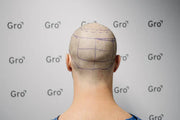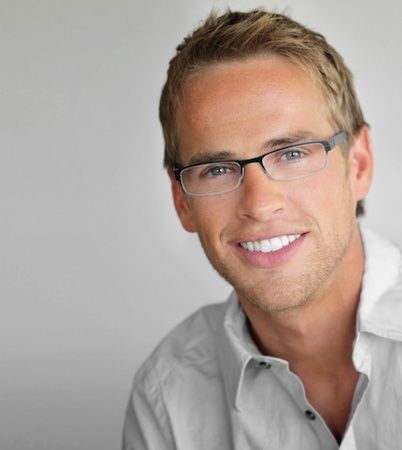
When you have great hair, you tend to have that extra bounce in your step and feel good about yourself. Many women are proactive when it comes to health, beauty and appearance and are likely to notice excess hair loss at an early stage. Losing your hair is disheartening, particularly if you’ve spent your life taking good care of yourself, eating right, exercising and nourishing your skin and hair.
Despite hair loss being a predominantly male related issue, many women, particularly those over the age of 50, suffer from thinning hair. However, it’s not only this age group that sees the impact of loss of hair, it occurs with a relatively high frequency in women who are younger, even women in their twenties and thirties can face thinning hair issues.
If you suffer from hair loss, answer these 3 questions to discover the best treatment option for you.
What Causes Hair Loss In Women?
As a woman, when you become aware that you are losing hair, it’s concerning to ponder if the loss is going to be temporary or permanent. Events such as pregnancy or illness are associated with temporary hair thinning. In today’s ever-busy environment, when high standards are expected, stress-related loss of hair is becoming more and more common. The additional stress caused by thinning hair can in turn feed the initial cause of the loss and the cycle continues until stress levels are addressed and managed.
The most likely cause of scalp hair loss in women, just as in men, is androgenetic alopecia – an inherited sensitivity to the effects of androgens (male hormones) on scalp hair follicles. However, women with loss due to this cause usually do not develop true baldness in the patterns that occur in men. Patterns of female androgenetic alopecia can vary considerably in appearance.
Women tend to have less obvious “patterns” of loss than men, and non-pattern types are more frequent in women than in men. If you are concerned about thinning hair, you should seek professional advice from a hair loss specialist. In most cases, female hair loss can be effectively treated, however self-diagnosis is not recommended. It is important to note that female pattern loss can begin as early as the late teens to early twenties in women who have experienced early puberty. If left untreated, the loss of hair associated with early puberty can progress to more advanced loss in the future.
Patterns of Female Hair Loss
The “patterns” or areas of thinning that women are most likely to notice are as follows:
- Diffuse thinning of hair over the entire scalp, often with more noticeable thinning toward the back of the scalp.
- Diffuse thinning over the entire scalp, with more noticeable thinning toward the front of the scalp but not involving the hairline.
- Diffuse thinning over the entire scalp, with more noticeable thinning toward the front of the scalp, involving and sometimes breaching the hairline.
Unlike the case for men, thinning scalp hair in women due to androgenetic alopecia does not uniformly grow smaller in diameter (miniaturise). Women with loss due to androgenetic alopecia tend to have miniaturising hairs of variable diameter throughout the affected areas of the scalp. While miniaturising hairs are a feature of androgenetic alopecia, miniaturisation may also be associated with other causes and is not in itself a diagnostic feature of androgenetic alopecia. In post-menopausal women, for example, hair may begin to miniaturise and become difficult to style. The precise diagnosis should be made by a hair restoration specialist.
Next Steps
Thinning hair can have a significant impact on a woman’s emotional wellbeing. Female hair loss can be successfully treated with a variety of options. If you are concerned by thinning hair, for expert advice, simply click on one of the buttons below to book a consultation or ask a question. Alternatively, you can give Gro a call on 1300 787 563.
For more information, you can visit a Gro clinic in Sydney, Brisbane or Melbourne, or Gold Coast or call 1300 787 563.
Related Article: 6 Reasons Why People Go Bald













